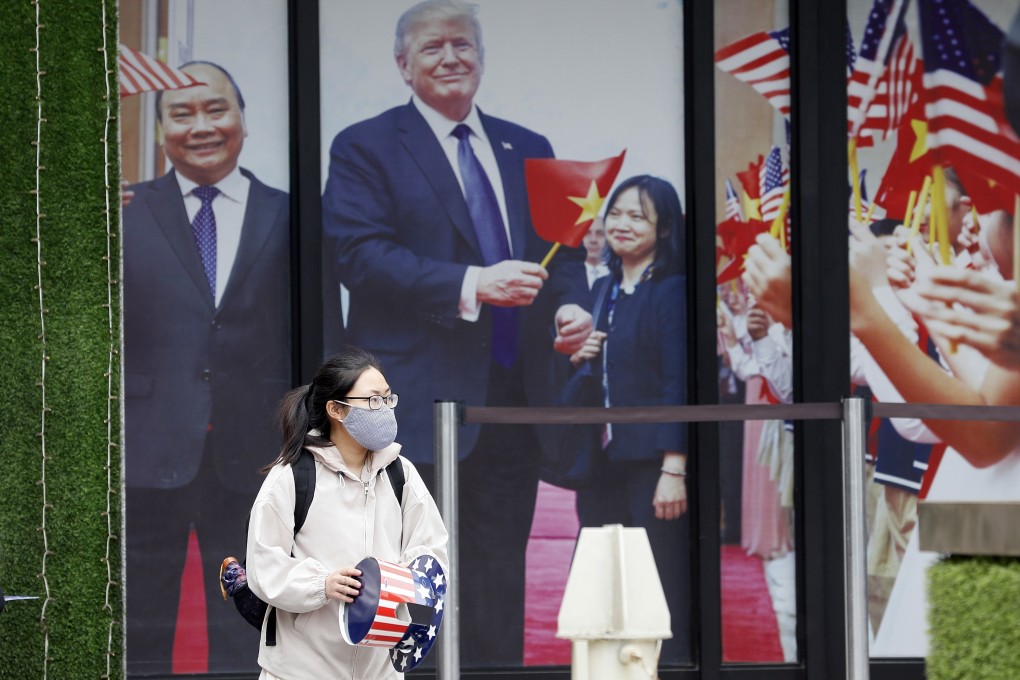For Vietnam, Biden win could mean end of USTR currency and trade inquiries
- The inquiries into currency manipulation and furniture exports, launched before the US election, could now be paused or cancelled
- Analysts said the investigations undercut the US effort to use Vietnam as an Indo-Pacific strategic partner in countering China

In November 2017, during Trump’s state visit to Vietnam, he agreed to a new three-year defence cooperation plan. Since then, Vietnam has hosted visits from two US Navy aircraft carriers – the first since the Vietnam war – and received two US Coast Guard cutters to boost patrols in the South China Sea, along with US$150 million under the Foreign Military Financing programme.
Considering such crucial developments in relations between the two former foes, some analysts say the USTR probes represent a diplomatic disaster.
Southeast Asia expert Carl Thayer of the University of New South Wales Canberra says the USTR’s investigations are “an illustration of dysfunction in the Trump administration’s implementation of national security policy. This decision undercut nearly four years of Trump administration efforts to enlist Vietnam as a strategic partner in its ‘Free and Open Indo-Pacific’ strategy.”
